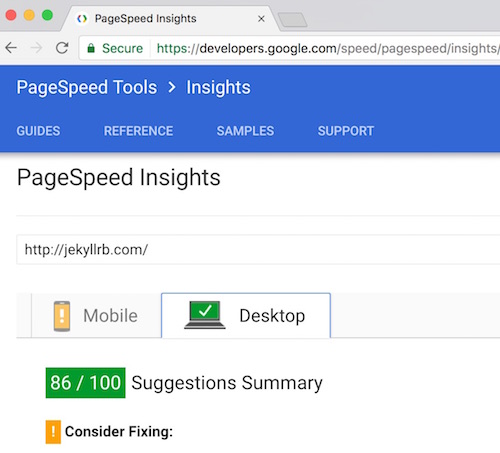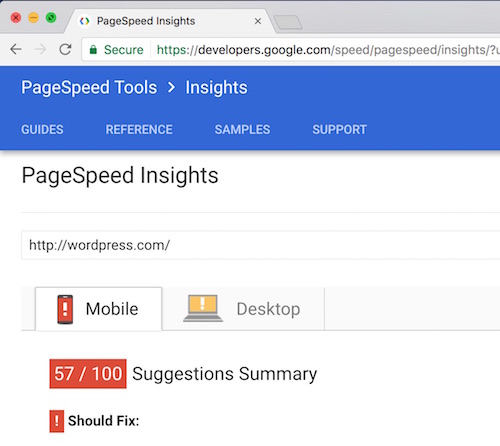Why I Don't Use WordPress

WordPress is a wonderful tool for a lot of different use cases, but let me help you understand why I don’t use WordPress. Yes, it is free to use, open-source, extremely popular, and modular. It’s popularity is what makes it easy to use and it makes a quick Google search the go-to solution to many problems. Wait… what was that last word?
Problems
No Testing Environments
If you want to make changes to a WordPress site, you will be making them on a live website that could have active users on it. There are exceptions to this of course, but in 2 years of running a web design business I have never met an owner of a WordPress site that maintains more than one version of their site for testing and development purposes.
My Time
I love to edit HTML, CSS, and JavaScript directly to have fine control over the websites I build. These three types of files are what makes up any web page. I don’t need a visual web-based editor to help me do this. Actually, the visual editor makes this process slower, because I have to figure out how to tell the visual editor to edit the file that I’d like to edit myself. Once I figure it out with the visual editor, I then have to navigate through the WordPress dashboard by clicking links. Each link click then makes me wait for the page to reload. If you are paying me an hourly rate, you will get more for your money if you don’t make me use WordPress.
The WordPress Database
Entire web pages are stored in a database. Each time a visitor to a WordPress site requests a page, the server needs to retrieve information from the database, organize it into web files, and then send it to a user.
This is incredibly slow!
No web server should make the user wait before it can show the user a web page. WordPress sites do exactly that, which is why they are often penalized for slow load speeds by Google.
See the difference for yourself by comparing PageSpeed Insights of WordPress.com to JekyllRb.com (a free and open-source static site generator).


See how your site fares by entering your URL into Google’s PageSpeed Insights.
WordPress Is Too Modular
There’s probably a plugin for anything you desire in WordPress. In fact, there are probably 100 plugins that all claim to be the best. So how do you choose the right one for the job? I’m a big fan of modularity to prevent reinventing the wheel and to allow for exponential growth and creativity, however, WordPress plugins can come with all sorts of nasty side effects.
- Security flaws
- Incompatibility with different WordPress versions
- New menu items on your Admin dashboard
- Loading duplicate data other plugins have loaded
- Conflicting styles with other plugins/themes
Conclusion
This is just the short version of why I don’t use WordPress. There’s also a Long Version if you’re interested. A lot of these reasons are very technical in nature, so if I lost you as some point don’t feel bad. I’ve spent a lot of time engineering software, and a website is essentially a piece of a software. Other web designers who use WordPress have probably spent a lot less time engineering software and a lot more time in sales and marketing. For these people WordPress is a fantastic money saving tool because they can use it to have a website that is good enough for their needs. With my in depth knowledge of HTML, CSS, JavaScript, and web server languages like PHP and NodeJS, WordPress just gets in the way. It’s like having training wheels on a bicycle. You just can’t take the turns as quickly with the training wheels on.
Development view: Disqus thread goes here in production